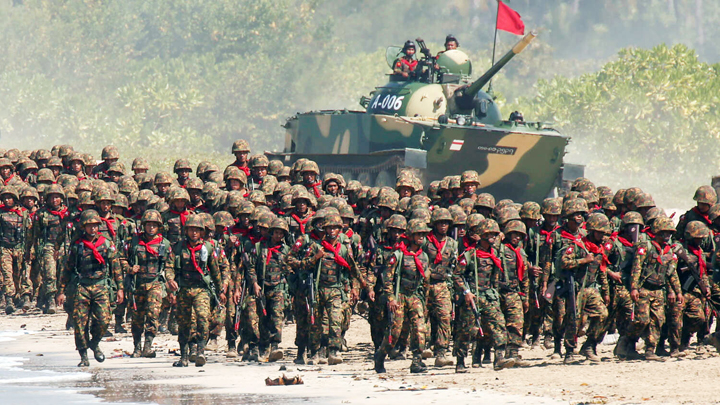Signs of Peace in Rakhine
Monday, December 14, 2020
arsip tempo : 171416768013.

A FRESH wind is blowing into the Rakhine State, where the fate of its regional government is in limbo because it was unable to hold a legislative general election on November 8. The Myanmar military, or Tatmadaw, has come to an agreement with the rebel militia, the Arakan Army, to hold a ceasefire until general elections are held before the end of December.
“We want this general election,” said U Khaing Myo Aung, a Rakhine resident i
...
Subscribe to continue reading.
We craft news with stories.
 For the benefits of subscribing to Digital Tempo, See More
For the benefits of subscribing to Digital Tempo, See More








